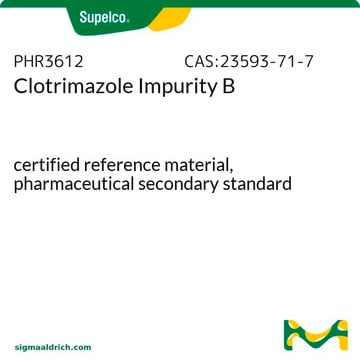L7286
Lysine acetate salt
meets USP testing specifications
Synonym(s):
L-Lysine acetate salt, (S)-2,6-Diaminohexanoic acid
About This Item
Recommended Products
Agency
meets USP testing specifications
application(s)
pharmaceutical (small molecule)
SMILES string
CC(O)=O.NCCCC[C@H](N)C(O)=O
InChI
1S/C6H14N2O2.C2H4O2/c7-4-2-1-3-5(8)6(9)10;1-2(3)4/h5H,1-4,7-8H2,(H,9,10);1H3,(H,3,4)/t5-;/m0./s1
InChI key
RRNJROHIFSLGRA-JEDNCBNOSA-N
Looking for similar products? Visit Product Comparison Guide
Storage Class Code
13 - Non Combustible Solids
WGK
WGK 2
Flash Point(F)
Not applicable
Flash Point(C)
Not applicable
Personal Protective Equipment
Regulatory Listings
Regulatory Listings are mainly provided for chemical products. Only limited information can be provided here for non-chemical products. No entry means none of the components are listed. It is the user’s obligation to ensure the safe and legal use of the product.
JAN Code
L7286-BULK:
L7286-500G:
L7286-100G:
L7286-25G:
L7286-VAR:
Choose from one of the most recent versions:
Certificates of Analysis (COA)
Don't see the Right Version?
If you require a particular version, you can look up a specific certificate by the Lot or Batch number.
Already Own This Product?
Find documentation for the products that you have recently purchased in the Document Library.
Our team of scientists has experience in all areas of research including Life Science, Material Science, Chemical Synthesis, Chromatography, Analytical and many others.
Contact Technical Service







